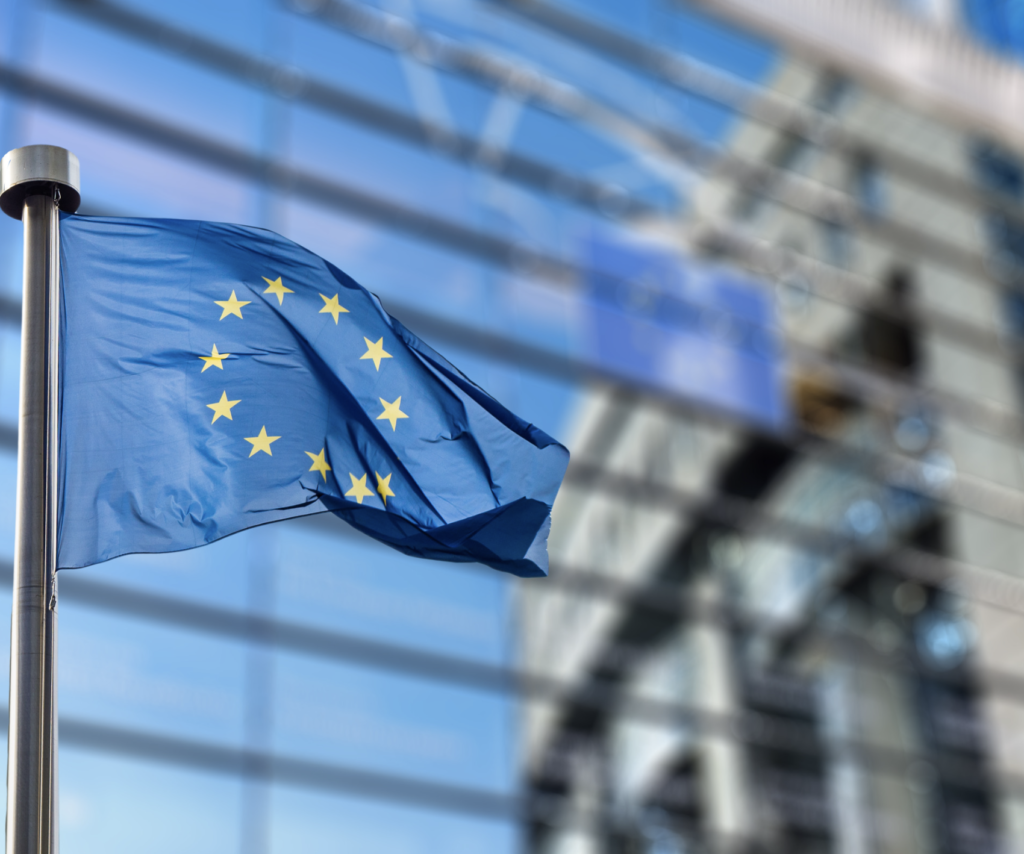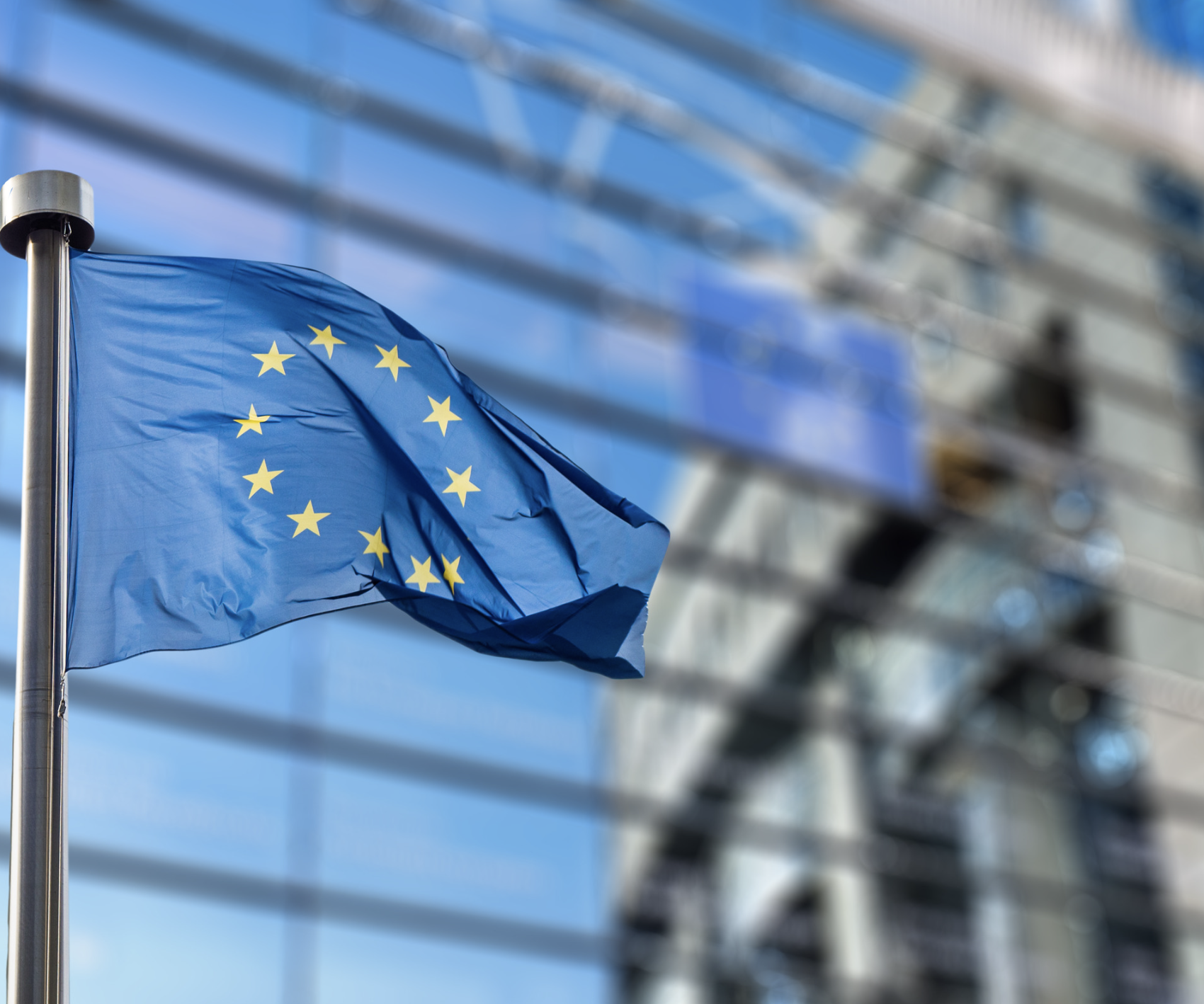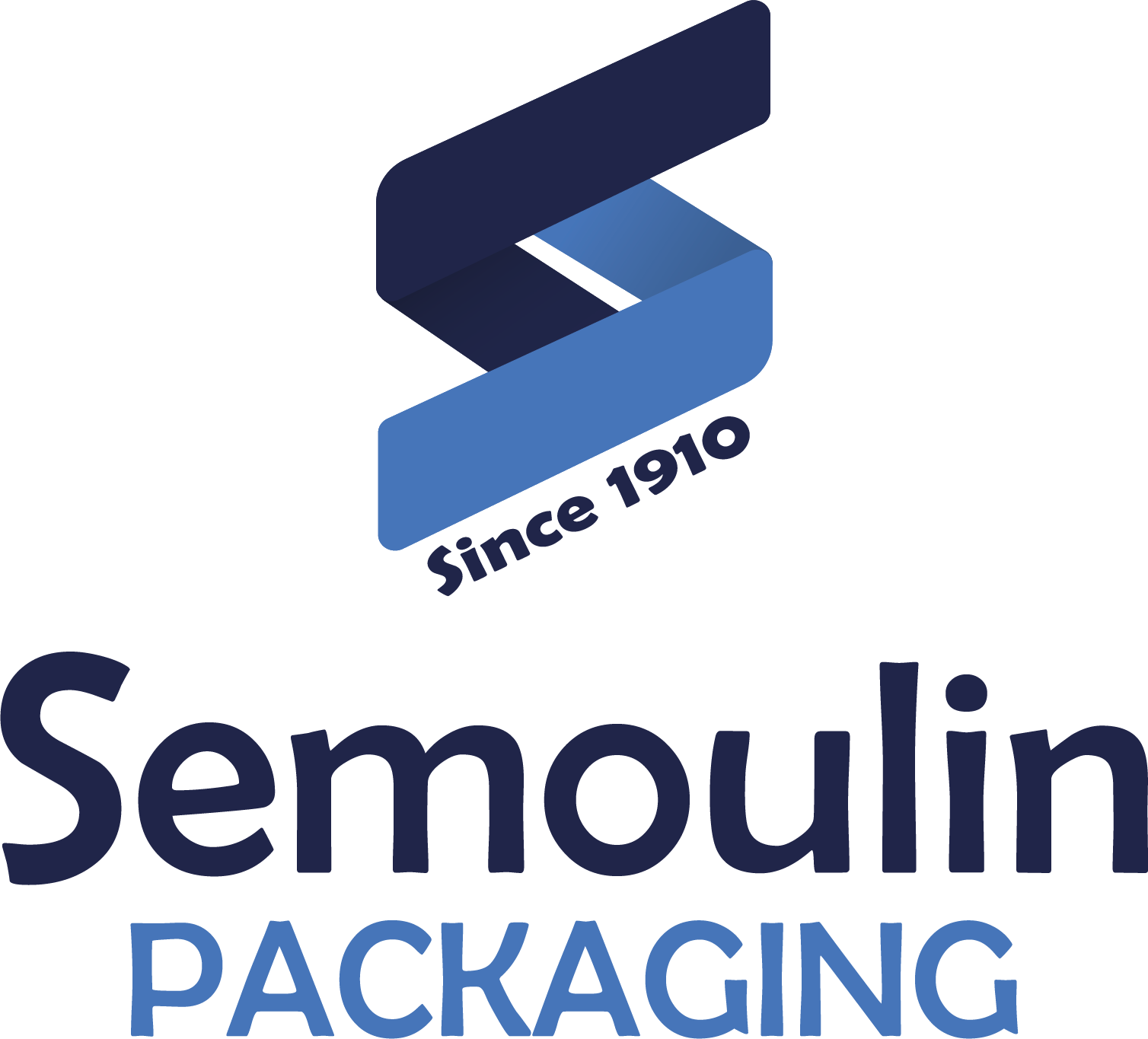
We know that plastic pollution is currently one of the greatest environmental threats. Every year, millions of tons of plastics are produced, with a significant portion ending up in the oceans, causing widespread damage to ecosystems. This is why the PPWR regulation will play a key role in the near future
.
Among the most problematic products, which ones top the list? Unsurprisingly, single-use plastics. Although their usage is brief (sometimes instantaneous), their environmental impact remains long-lasting.
The impact of single-use plastics on ecosystems
Single-use plastics decompose very slowly, sometimes over several centuries. During this time, they release plastic particles into the oceans, air, and even the soil. These invisible particles become omnipresent, posing a real danger to biodiversity.
But this issue isn’t new! So what solutions are being proposed? Aware of the stakes, the European Union is taking measures to try to counter this ecological catastrophe.
The european legal framework for a plastic-free future: a first step with the SUP directive
In 2019, the EU introduced the Single-Use Plastics Directive (SUP), aimed at banning certain non-essential plastic products, primarily targeting disposable straws and cutlery.
Although this directive was a significant step forward, it only addressed a small part of the broader problem. Hence, a more ambitious regulation was needed: the PPWR.
PPWR : a shift towards sustainable packaging
The Packaging and Packaging Waste Regulation (PPWR) is a new European law designed to reduce the environmental footprint of packaging. Enforced on January 1, 2024, it aims to minimize packaging waste, promote recycling, and encourage the use of more eco-friendly materials.
Currently, this regulation mainly affects the foodservice industry, but this won’t always be the case…
2026: A Ban on Single-Use Packaging?
The plan is to ban this type of packaging entirely by January 1, 2026.
But change is already underway, and plastic will need to be gradually phased out of packaging. Another goal has been set for January 2030, which requires companies to shift toward more sustainable packaging solutions.
In other words, from January 1, 2030, plastic content in packaging will be further limited. Bags and food containers will need to be designed primarily for recycling.
The final target is to achieve an 80% recyclable packaging rate by January 2035.
Anticipating plastic alternatives: the crucial role of paper for companies
In this context, paper is emerging (once again) as an eco-friendly alternative to plastic. Thanks to its biodegradable and recyclable properties, it is increasingly favored by companies concerned about their environmental impact.
Paper packaging: an eco-friendly and sustainable alternative
Paper is an environmentally friendly material that degrades quickly without leaving toxic residues (provided it’s made using non-polluting products, like the water-based ones used by Semoulin Packaging).
Unlike plastics, paper can be recycled multiple times and has a much lower environmental and carbon footprint than plastic products.
Moreover, innovations in this field now enable the creation of more durable paper packaging, suitable for the modern needs of the dry food and retail industries.
For more information, read our article on the technical advancements in paper.
Semoulin Packaging: always at the forefront of paper packaging
In a context that calls for innovation and quality, Semoulin Packaging proudly stands out with its sustainable packaging solutions. Specializing in paper packaging, we have been offering eco-friendly alternatives for years while ensuring a high level of customization for our clients.
Each product is designed in compliance with the strictest environmental standards, providing companies with an aesthetically pleasing, practical, and more durable solution.
Innovation at the heart of Semoulin Packaging products
Innovation is central to Semoulin Packaging‘s strategy, with continuous investment in research to develop increasingly efficient packaging. Thanks to these efforts, the company is at the forefront of packaging solutions that meet PPWR requirements… and future ones!
Conclusion: a plastic-free future on the horizon?
With the implementation of the PPWR regulation, Europe is moving towards a future where single-use plastics will gradually be replaced by more sustainable solutions. Companies like Semoulin Packaging play a crucial role in this transition by offering innovative and eco-friendly alternatives. It is clear that in the near future, eco-friendly materials will become the norm.
Are you ready for the paper transition? The Semoulin Packaging team is here to support you every step of the way!
FAQ: everything you need to know about the transition to paper packaging
What is the PPWR?
The PPWR is a European regulation aimed at reducing packaging waste by encouraging the use of recyclable and sustainable materials.
Why is paper a better alternative to plastic?
Paper is biodegradable, recyclable, and has a significantly lower environmental impact than plastic.
How does Semoulin Packaging contribute to this transition?
Semoulin Packaging offers customized, eco-friendly paper packaging solutions that already comply with new European regulations.

